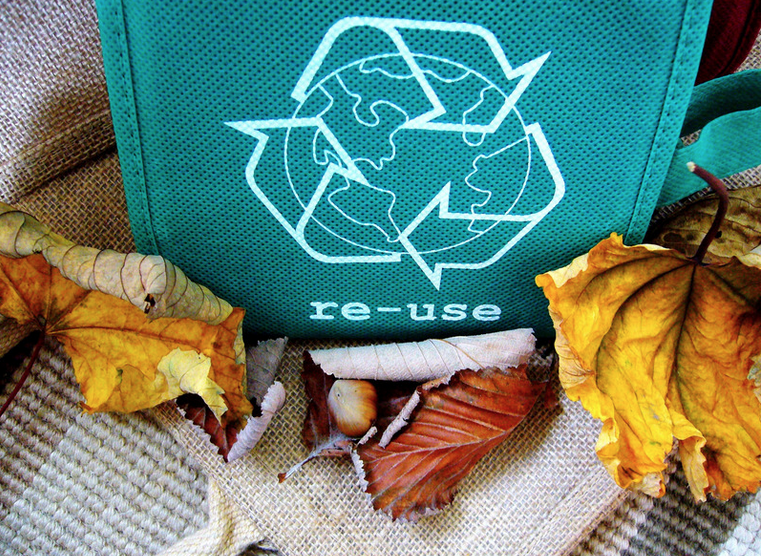Last updated on March 4th, 2020 at 08:48 am
This blog post talks about how to camp sustainably, so that you can do your part for the environment on your next camping trip.
An environmentally friendly lifestyle is becoming very important for a lot of people across the world.
People are finding new ways to leave as little impact on the environment when camping, and we think this is a great idea.
Camping sustainably is about leaving no trace, and having respect for the outdoors and the wildlife that lives in it.
Page Navigation

Travel Smart
Travelling smart is very important when camping sustainably – you could try and find a site closer to home, and even carpool with other campers who are heading the same way to reduce your carbon footprint.
If there are 6 people travelling, you could all fit into two cars with your gear, rather than taking one for each couple…
You could also use a method of public transport for your trip such as
- Bus
- Train
- Tram
- Taxi
As these methods of travel are usually much better for the environment, and can take more people to one destination.
Leave No Trace
We think this one is obvious, but leaving no trace is essential. You’re entering the home of many kinds of wildlife, so leave it as you’d like it to be found.
Make sure that you clear away all rubbish and things that could be harmful to wildlife – even if it’s food.
Ensure that if you have used a campfire, that none of the materials left in the ashes are harmful to people or animals – don’t burn harmful materials or food.
You could also reduce the amount of waste you produce by taking food with less packaging like fresh fruit and vegetables, and only take what you’ll eat.
Take Care of Wildlife
Animals might get close to your campsite, and may be curious to see what you’re up to! If this happens, watch the animal from afar. Don’t approach them or scare them away unless they are in trouble.
Ensure that all of your camping gear (especially food) is packed away and locked inside your tent overnight, you don’t want to wake up and find half of your dinner missing!
Reduce, Re-use, Recycle
Re-using items such as Tupperware and plastic bottles can really help you to camp sustainably. Don’t buy 12 bottles of water, buy one bottle – and refill it, or even better, purchase a metal bottle/flask.
When it comes to food preparation, buying plates, cups and cutlery that you can wash & re-use is also a great idea, rather than buying lots of paper plates to throw away.
Keep a separate bag for recycling items, and this way, all of your rubbish is already sorted when you take it home with you.
No Harm
Environmentally friendly soaps and toothpastes are widely available – and highly recommended when camping in the wild.
Some soaps and toothpaste can be harmful to animals and nature, and they can be avoided very easily!
Depending on where you camp, you might also want to think about purchasing some natural insect repellent.
Choosing Activities Wisely
There are plenty of fun, outdoor activities that you can take part in which are good to the environment:
- Cycling
- Kayaking
- Ball Games
- Hide & Seek
- Hiking
And plenty more, which have very little impact on the environment around you, and are very enjoyable!
If you enjoyed this blog post, feel free to leave a comment below or share this post!